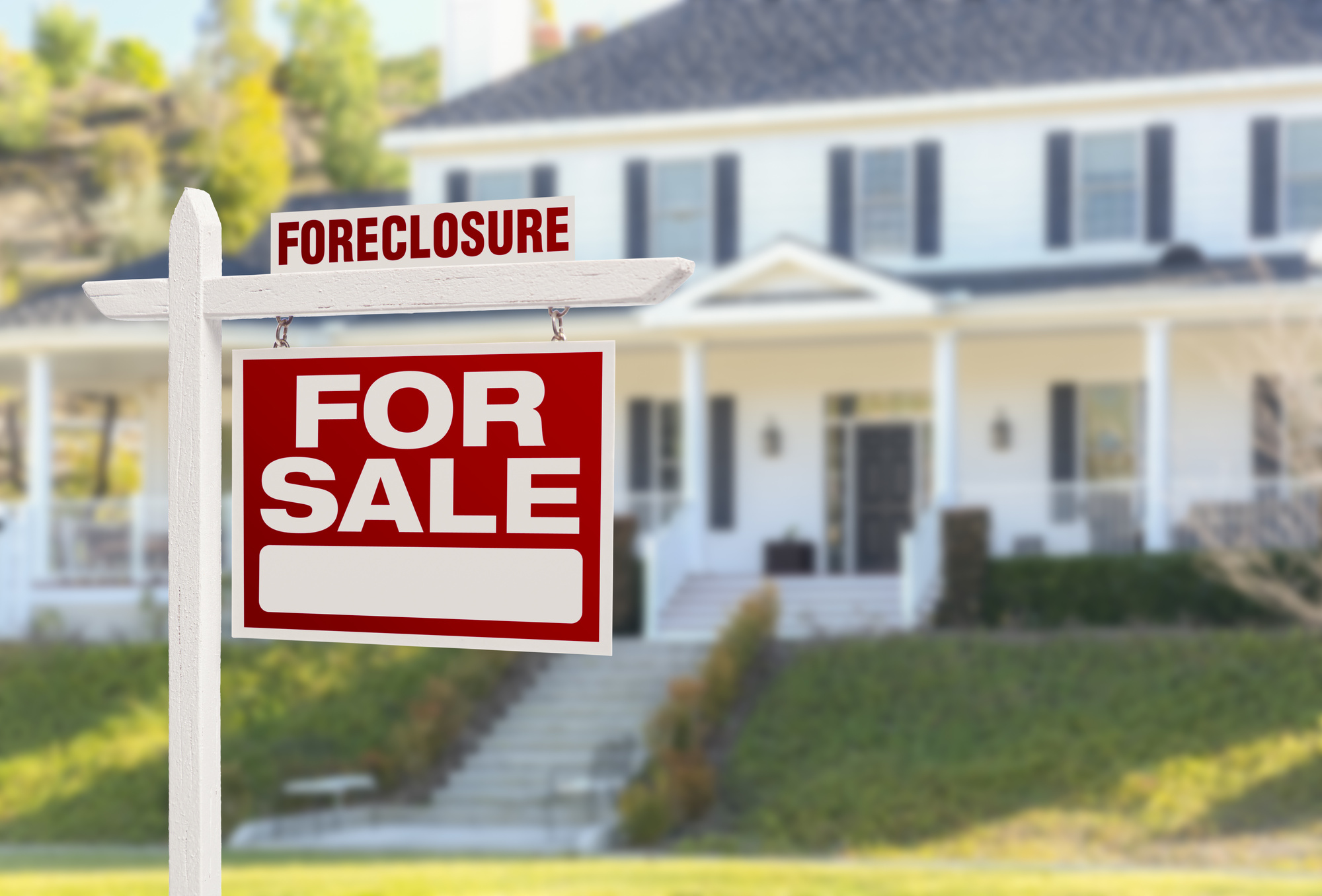5 Tips for Buying a Foreclosed Home at an Auction
As the foreclosure crisis has affected hundreds of thousands of homeowners around the country, there are also some homeowners who got their first home from one. I
f you’re a first home homebuyer or looking to build wealth through real estate, buying a foreclosed home at an auction is a smart move.
Here are five tips for finding the perfect home when looking for a foreclosed home at an auction.
1. Finding the Right Auction
If you want to succeed at auctioning, you need to find the right one. There are online and print resources that offer information all about where to find auctions and which offer the best deals.
Foreclosure auctions happen all the time and offer some great deals. Try Auctioin.com or RealtyTrac if you want to find auctions in your area. If you’re looking to buy right away, you can find an auction happening in your region soon.
Forecloser sales are usually compiled within each county. Either online or at the county offices, you’ll find data telling you all about the local market. Third-party sales agents or “trustees” even track foreclosure data and may be happy to share that data should you choose to work with them.
Ask local real estate agents to help you find good properties that are up for auction. By law, there’s no agent commission on foreclosure sales, but you may end up finding that the price is inflated to cover fees that the sellers incur.
Ask around for who is handling foreclosure auctions and you’re sure to find a few people who know where to look.
2. Do Research On Properties
It’s vital for you to do lots of research whenever you’re considering a property at an auction. Either the properties or the auction itself should offer due diligence documents and transaction details. These give you an insight into what’s happening with the properties up for auction and what to expect during the course of the auction.
Real estate attorneys know what to look for when seeking information on properties. Get some independent advice by hiring a knowledgeable real estate agent or attorney to advise you on properties.
Before you commit to an auction, you need to know the estimated resale value of a property. Submitting a bid on a property that’s higher than the resale value puts you at a financial disadvantage.
Without proper research, you’ll put yourself into a position to get hit with property liens. There’s a high probability that properties that are foreclosed upon have been borrowed against. This borrowing, based on the value of the home, is up for repayment when a house is sold.
It’s now your responsibility if the borrower doesn’t settle before the home is sold.
3. Take a Look At The Property
If you have time, drive by the property and take a look at what the condition is. When you know what the condition is from the outside, you’ll be able to guess what it looks like on the inside.
Homes under foreclosure aren’t necessarily ready to be moved into. If the home is occupied, it’s the renter or the financial institution who is foreclosing on the person inside. Disturbing the occupant is illegal, rude, and considered trespassing if someone lives at the property now.
Foreclosed properties receive bids under an “as-is” condition. The condition of the interior of the home is typically unknowable until it’s yours. Once you own the property, expect the worst and allow yourself to be surprised.
Put aside several thousand dollars to handle the repairs to make it liveable. In order to bid comfortably, leave yourself a few thousand dollars to get the ball rolling. The looks of things on the outside are a fair indicator of what’s inside, but not the full story.
A poorly kept exterior typically indicates an unfortunate interior. However, lots of people keep up a home on appearances while letting things fall apart inside. This is especially in the favor of sellers looking to get a good price.
4. Secure Your Financing
Before you start dreaming about ideal home situations, doublecheck your funding.
If you have bad credit but lots of cash on hand, you’re in the perfect situation. Most foreclosure auctions will take cash, cashier’s check, or a money order endorsed by a bank. Since auctions need to be paid in full as soon as you win the property, you’ll need to have payment ready at a moment’s notice.
Some states allow you to pay a percentage while requiring the rest within a set period of time. Don’t expect this to be the case, however. Have your money ready ASAP.
If you’re buying from a county foreclosure, you may even have to put money down in advance. Depending on where you’re located, 5% or 10% on the day-of must be put down. This ensures that only serious and competitive bids end up in the final tally.
5. Confirm the Details
Even if the auction is happening today, call in to see that all the details of the auction are the same as when you first read about it. Some foreclosure auctions get canceled or postponed on the day of.
If the person who owns the house comes up with the money, they can push back a foreclosure. Some buyers get a loan modification or sell the property as a short sale. Every buyer has a different situation and everyone home has a different story, some of them with a twist right before the end.
Buying a Foreclosed Home at an Auction is Smart
No matter what your financial situation, buying a home in foreclosure is a way to start building wealth. Buying a foreclosed home at an auction offers you the opportunity to get your first house or start revitalizing a community.
If you’re looking for a way to turn a foreclosed home into something that turns a profit, check out our guide for more info.



Leave a Reply
Want to join the discussion?Feel free to contribute!